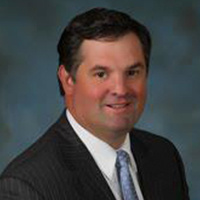Trenton Misdemeanor Lawyer, Kentucky
Sponsored Law Firm
-
 x
x

Click For More Info:
-
Law Office of Mark S. Guralnick
55 Madison Avenue 4th Floor Morristown, NJ 07960» view mapCriminal Defense Law Dedicated. Fearless. Successful.
Mark S. Guralnick and his legal team have helped clients throughout the USA and across the world by applying unparalleled dedication and hard work to each case.
800-399-8371
Not enough matches for Trenton Misdemeanor lawyer.
Below are all Trenton Criminal lawyers.
Sands M Chewning
✓ VERIFIEDAccident & Injury, Criminal, Divorce & Family Law, Estate, Real Estate
COMPREHENSIVE PERSONAL INJURY, CRIMINAL DEFENSE AND FAMILY LAW SERVICES
EXPERIENCED HOPKINSVILLE LAWYER At the law office of Chewning & Chewning, we are strong advocates for the legal rights of individuals and families ... (more)
 Mark Guralnick Morristown, NJ
Mark Guralnick Morristown, NJ AboutLaw Office of Mark S. Guralnick
AboutLaw Office of Mark S. Guralnick Practice AreasExpertise
Practice AreasExpertise

